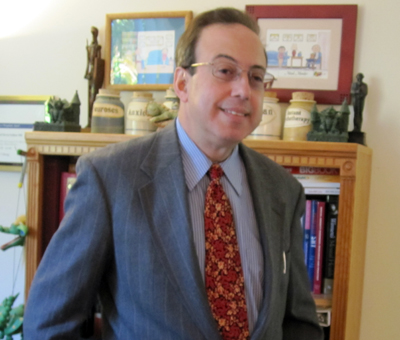
Vatican City— Catholic Church Called On To Counter Corporate Greed Fueling Harmful Psychiatric Drugging of Children
VATICAN CITY – The Catholic Church may be the only organization that can counter the corporate greed fueling the over-prescribing of harmful psychiatric drugs to children and young people, said Dr. Barry Duncan, a clinical psychologist and director of the Heart and Soul of Change Project. Flawed methodologies in research and a drastic minimization of actual risks make the cited efficiency and safety of these drugs untrustworthy, he told a meeting of the Pontifical Council for Health Care Ministry. And clinical trial evidence on psychiatric drugs is often skewed by conflicts of interests, particularly when trials are funded by the drug industry or when the studies are conducted by people who are paid consultants of the company under review, Duncan told the Nov. 18-19 meeting. He said because of the church’s broad networking capabilities and international influence, it “may be the only power on earth that can counter the forces of corporate greed that have no moral or ethical conscience.” He called on religious orders, Catholic schools, hospitals, medical associations, media and parishes to become informed and help children and families discover alternatives to psychiatric medications as well as help them have real input when discussing the risks and benefits of such medication.
He called on religious orders, Catholic schools, hospitals, medical associations, media and parishes to become informed and help children and families discover alternatives to psychiatric medications as well as help them have real input when discussing the risks and benefits of such medication.






SHARE YOUR STORY/COMMENT: